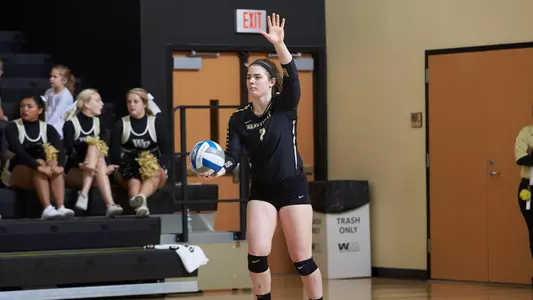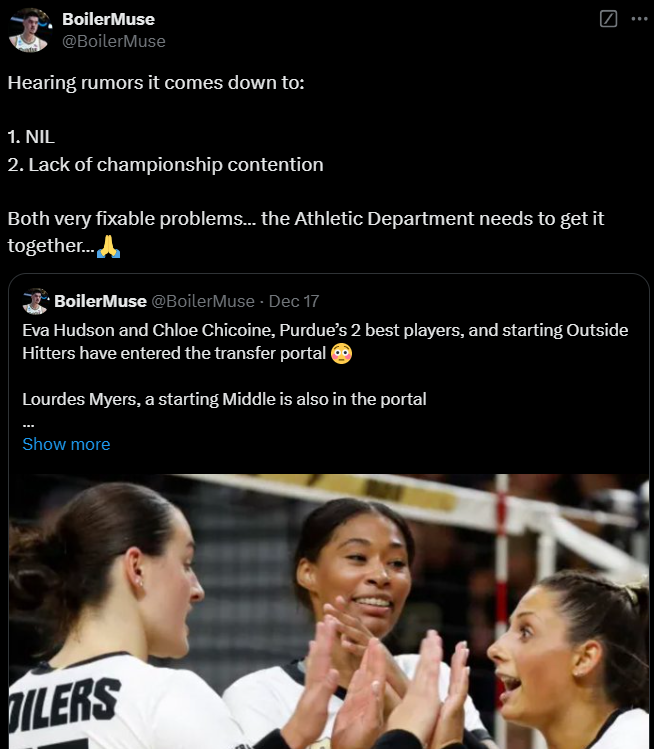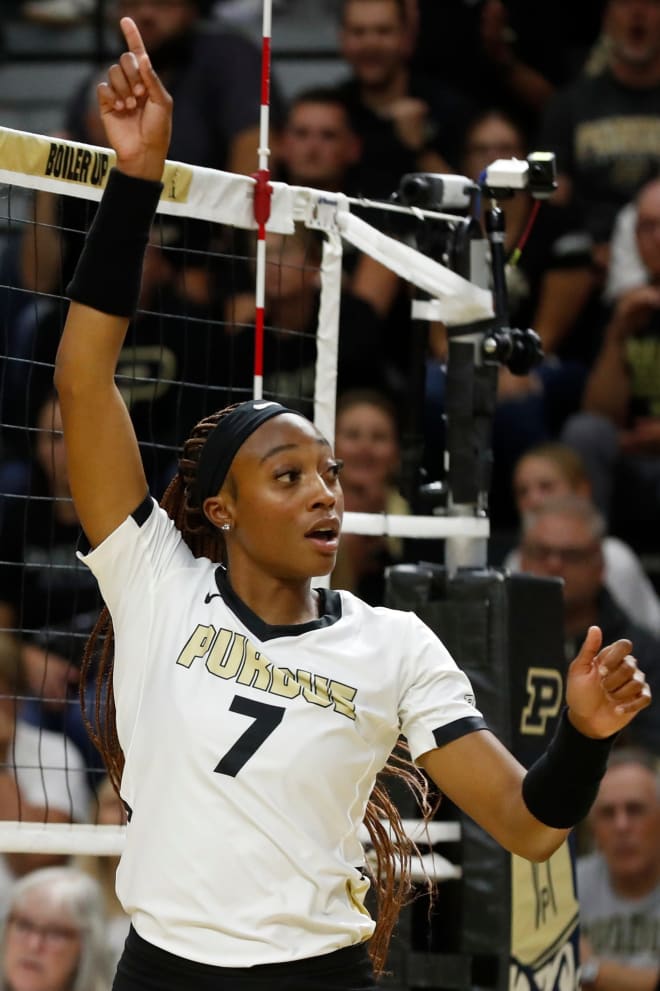The Purdue Boilermakers women’s volleyball team is facing a tumultuous period that extends beyond their on-court performances. While their athletic achievements remain commendable, external factors—primarily the implications of Name, Image, and Likeness (NIL) opportunities—have disrupted the team’s cohesion and prospects. Recent developments, including key players entering the transfer portal, have cast a shadow over the program’s future. Let’s dive into the complexities of the situation and its potential impact.
Here's ads banner inside a post

The NIL Era: A Double-Edged Sword
The advent of NIL policies in collegiate sports has revolutionized the NCAA landscape. Student-athletes can now capitalize on their personal brands, earning substantial income through sponsorships, endorsements, and collaborations. While this paradigm shift empowers athletes financially, it also introduces challenges that can strain team dynamics and focus.
At Purdue, NIL opportunities appear to be a double-edged sword. For some players, like standout performers Eva Hudson and Chloe Chicoine, limited NIL deals at Purdue may have triggered dissatisfaction. Both players, along with starting middle blocker Lourdes Myers, recently entered the transfer portal, a move that has shocked fans and analysts alike. Speculation points to NIL as a major driving force behind these decisions.
Here's ads banner inside a post
What NIL Means for Players and Programs
NIL offers athletes the chance to monetize their skills while still in college, potentially earning amounts rivaling professional contracts. In some cases, this has even influenced career decisions. For instance, rumors circulated that Caitlyn Clark might delay entering the WNBA to capitalize on her NIL potential within the NCAA.

Here's ads banner inside a post
However, NIL can create unintended consequences. Players who excel on the court may feel compelled to seek environments where their financial prospects align with their athletic achievements. This pressure can destabilize programs unable to compete with schools offering more robust NIL opportunities.
The Fallout at Purdue
Eva Hudson and Chloe Chicoine’s departure from Purdue represents a significant blow. Hudson, the 2024 Midwest Season Player of the Year, was instrumental in Purdue’s success. Chicoine’s impressive stats—3.08 kills and 2.95 digs per set—earned her second-team All-Big Ten honors. Lourdes Myers’ exit compounds the problem, leaving a gaping hole in Purdue’s roster.

The reasons for their departure extend beyond NIL, according to reports. While NIL limitations played a role, the players’ championship aspirations also influenced their decisions. Purdue’s performance in the 2024 season, though commendable, may not have satisfied their ambitions.
Purdue’s 2024 Season: A Mixed Bag of Success
Purdue’s 2024 season was notable, with a 27-7 record and a fourth-place finish in the Big Ten. The team’s 16-4 conference record and .280 hitting percentage—the third-best in program history—highlight their strong performance. Notably, head coach Dave Shondell, in his 22nd year at the helm, celebrated only his second 27-win season.
/cdn.vox-cdn.com/uploads/chorus_image/image/72928760/usa_today_21780261.0.jpg)
Highlights included a dominant sweep against Loyola Chicago and record-breaking attendance of 14,876 fans for a Big Ten regular-season match. Such milestones underscored the team’s growing prominence. Yet, for stars like Hudson and Chicoine, these achievements may not have aligned with their personal and professional goals.
Rumored Reasons for Departure
According to a post from the social media account ‘BoilerMuse,’ the players’ departures boil down to two primary factors: limited NIL opportunities and a lack of championship contention. Both are fixable issues, but they require immediate attention from Purdue’s athletic department.

Hudson and Chicoine’s rising profiles likely heightened their expectations for financial opportunities and team success. At Purdue, the duo’s contributions were pivotal, but the program’s NCAA title ambitions have historically lagged behind other powerhouse schools. This disparity may have driven them to seek programs with stronger championship pedigrees and more lucrative NIL ecosystems.
The Road Ahead for Purdue
Purdue now faces the daunting task of rebuilding its roster. Replacing players of Hudson, Chicoine, and Myers’ caliber will require strategic recruiting and development. The program’s ability to adapt to the NIL era is equally critical. By enhancing NIL opportunities for players, Purdue can compete with other schools and retain top talent.
Additionally, fostering a winning culture and setting realistic championship goals are essential to retaining ambitious athletes. Purdue’s fourth-place finish in 2024 was commendable but may have fallen short of satisfying players’ aspirations. Bridging the gap between current performance and championship contention will be key.
Broader Implications of NIL
The challenges Purdue faces are not unique. Across the NCAA, NIL has reshaped collegiate sports, creating both opportunities and dilemmas. For smaller or mid-tier programs, competing in the NIL arena requires creative solutions and strong institutional support.

The Purdue situation serves as a cautionary tale for programs navigating this new landscape. Balancing financial incentives with athletic priorities is critical. As NIL continues to evolve, schools must prioritize player development while offering competitive financial opportunities.
Building the Future Amid NIL Challenges
The Purdue Boilermakers have a proud volleyball tradition and a loyal fanbase. To preserve and enhance their legacy, the athletic department must address the root causes of recent player departures. This includes:
- Expanding NIL Opportunities: Collaborating with local and national brands to secure endorsement deals for players.
- Strengthening Team Performance: Investing in coaching, facilities, and recruitment to build a championship-contending roster.
- Enhancing Player Experience: Creating a supportive environment that balances financial, athletic, and personal growth.

A New Era of Opportunity
The Purdue Boilermakers’ current challenges highlight the complexities of the NIL era. While NIL offers unprecedented opportunities, it also demands a strategic approach to player retention and program development. For Purdue, the departure of key players is a wake-up call. By addressing NIL shortcomings and focusing on championship aspirations, the Boilermakers can navigate this rough phase and emerge stronger. The road ahead is steep, but with the right measures, Purdue has the potential to reclaim its standing as a powerhouse in collegiate volleyball.



